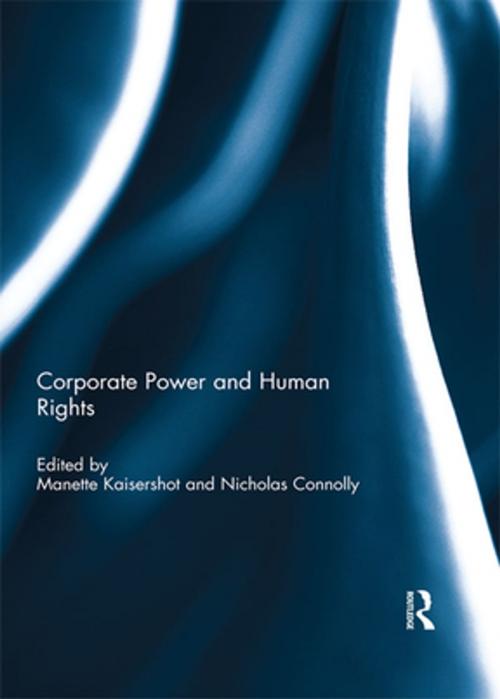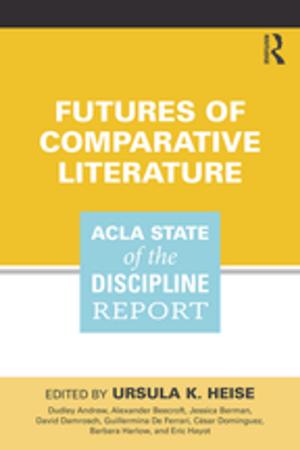| Author: | ISBN: | 9781317224105 | |
| Publisher: | Taylor and Francis | Publication: | February 2, 2018 |
| Imprint: | Routledge | Language: | English |
| Author: | |
| ISBN: | 9781317224105 |
| Publisher: | Taylor and Francis |
| Publication: | February 2, 2018 |
| Imprint: | Routledge |
| Language: | English |
There is ample evidence about the negative effects business activity of all types can have on the provision of human rights. Equally, there can be little doubt economic development, usually driven through business activity and trade, is necessary for any state to provide the institutions and infrastructure necessary to secure and provide human rights for their citizens. The United Nations and businesses recognise this tension and are collaborating to effect change in business behaviours through voluntary initiatives such as the Global Compact and John Ruggie’s Guiding Principles. Yet voluntary approaches are evidently failing to prevent human rights violations and there are few alternatives in law for affected communities to seek justice. This book seeks to robustly challenge the current status quo of business approaches to human rights in order to develop meaningful alternatives in an attempt to breech the gap between the realities of business and human rights and its discourse. This book was previously published as a special issue of the International Journal of Human Rights.
There is ample evidence about the negative effects business activity of all types can have on the provision of human rights. Equally, there can be little doubt economic development, usually driven through business activity and trade, is necessary for any state to provide the institutions and infrastructure necessary to secure and provide human rights for their citizens. The United Nations and businesses recognise this tension and are collaborating to effect change in business behaviours through voluntary initiatives such as the Global Compact and John Ruggie’s Guiding Principles. Yet voluntary approaches are evidently failing to prevent human rights violations and there are few alternatives in law for affected communities to seek justice. This book seeks to robustly challenge the current status quo of business approaches to human rights in order to develop meaningful alternatives in an attempt to breech the gap between the realities of business and human rights and its discourse. This book was previously published as a special issue of the International Journal of Human Rights.















